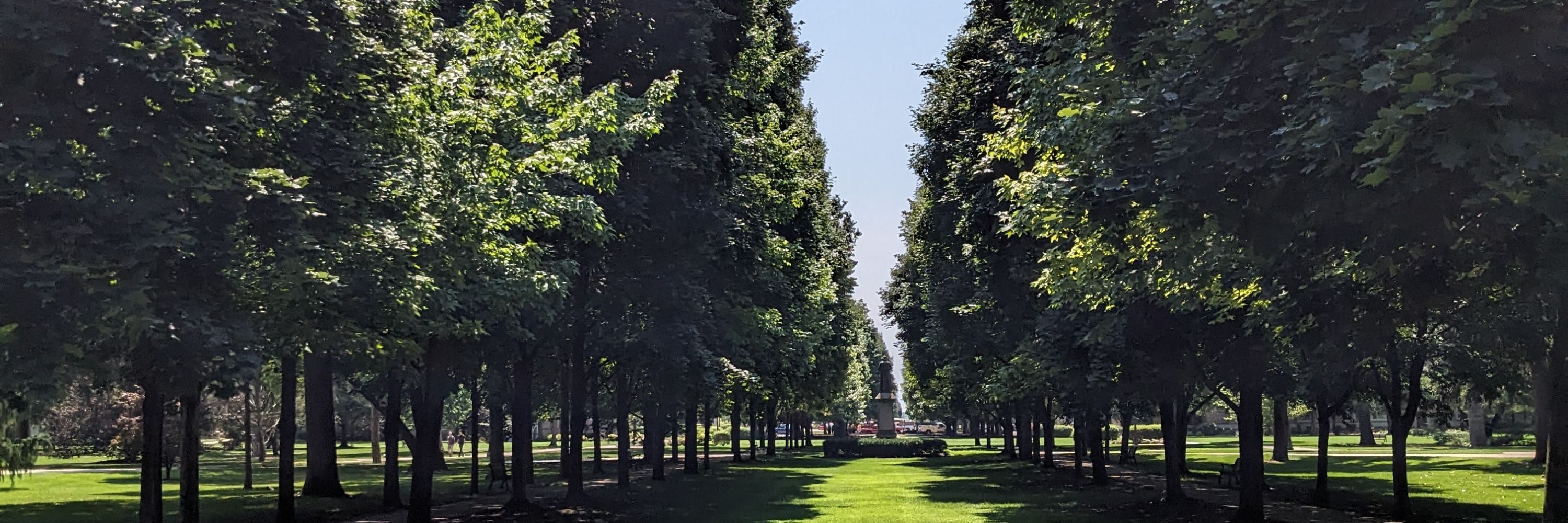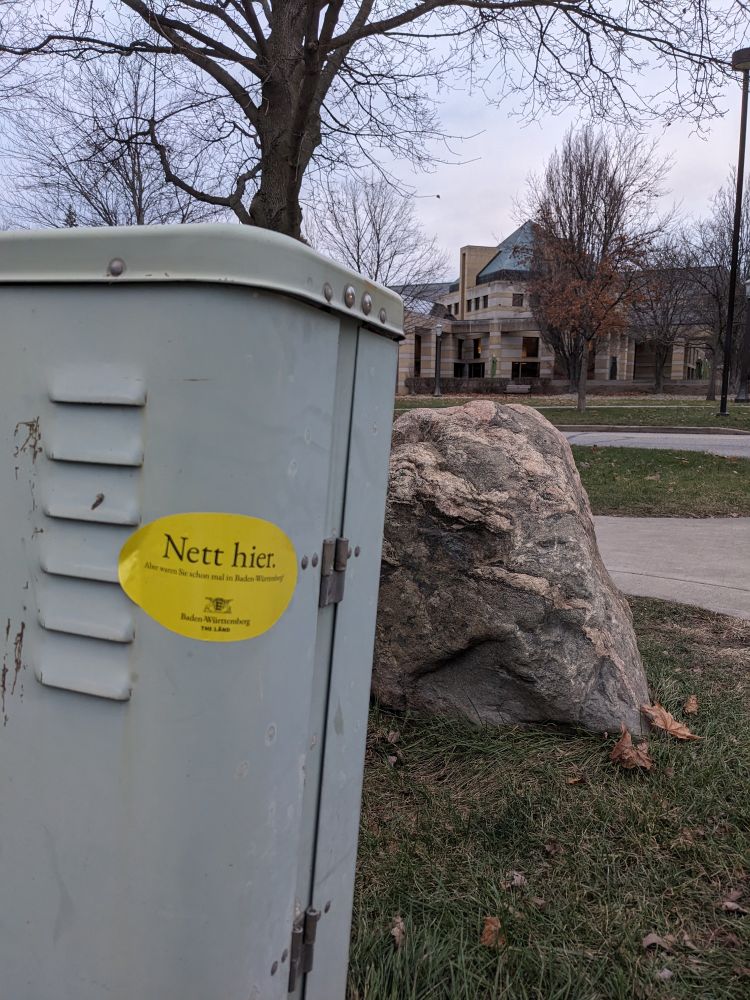
With @marcjacob.bsky.social and @seanjwestwood.bsky.social, we worried about norm-violating local politicians rising to higher office. We tested when voters defect from such politicians in local, state and federal races.
osf.io/preprints/ps...
🧵...

With @marcjacob.bsky.social and @seanjwestwood.bsky.social, we worried about norm-violating local politicians rising to higher office. We tested when voters defect from such politicians in local, state and federal races.
osf.io/preprints/ps...
🧵...


@marcjacob.bsky.social, @bartonelee2.bsky.social (Stigler Affiliate Fellow), @grattonecon.bsky.social (UNSW):
www.chicagobooth.edu/-/media/rese...

@marcjacob.bsky.social, @bartonelee2.bsky.social (Stigler Affiliate Fellow), @grattonecon.bsky.social (UNSW):
www.chicagobooth.edu/-/media/rese...
Link+paper via email list: eepg-workshop.github.io
Link+paper via email list: eepg-workshop.github.io
polisky

polisky
Proud to be interviewed and have my work with @marcjacob.bsky.social and @grattonecon.bsky.social featured on my favorite podcast!
Check it out — link below 👇
Thank you for the invitation Wiola Dziuda, Anthony Fowler, and William Howell
t.co/v4Otr7cMSi

Proud to be interviewed and have my work with @marcjacob.bsky.social and @grattonecon.bsky.social featured on my favorite podcast!
Check it out — link below 👇
Thank you for the invitation Wiola Dziuda, Anthony Fowler, and William Howell
t.co/v4Otr7cMSi

What this means is that the anti-PiS coalition has 231 seats and can form a cabinet.
What this means is that the anti-PiS coalition has 231 seats and can form a cabinet.
Our next event is on Monday, 16 Oct 2023.
@bartonelee2.bsky.social will present "From Gridlock to Polarization", with @marcjacob.bsky.social and @grattonecon.bsky.social. Join us at 3 pm UK time!

Our next event is on Monday, 16 Oct 2023.
@bartonelee2.bsky.social will present "From Gridlock to Polarization", with @marcjacob.bsky.social and @grattonecon.bsky.social. Join us at 3 pm UK time!

